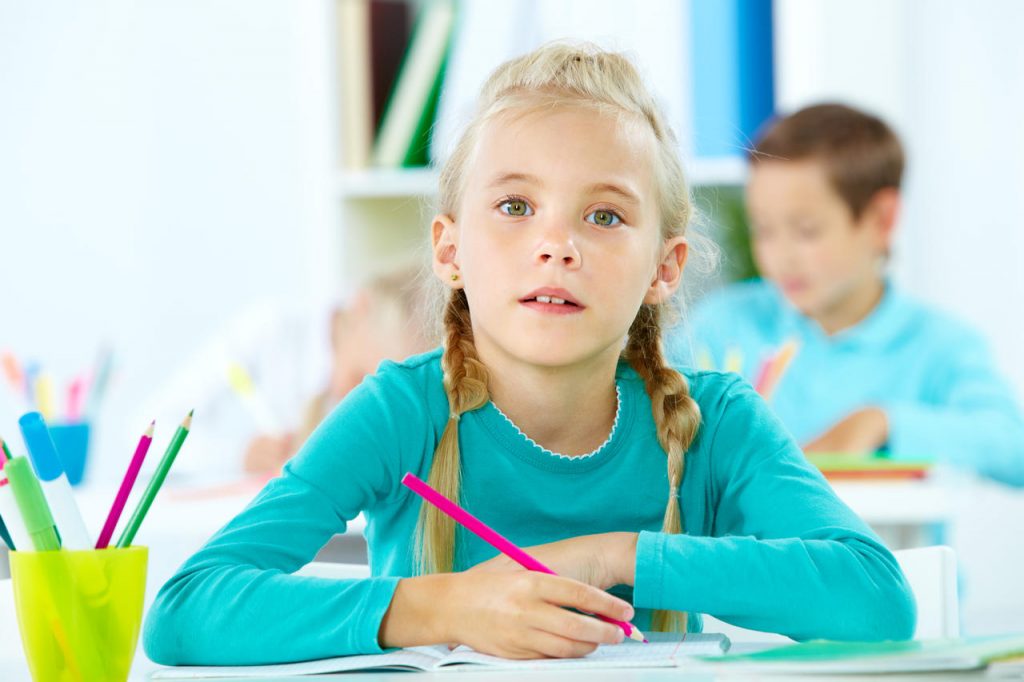
Education plays a vital role in shaping the future of children worldwide. To enhance global children’s learning outcomes, here are five methods that can be implemented:
- Quality Teachers and Training: Providing access to well-trained and qualified teachers is crucial. Governments and educational institutions should invest in professional development programs for teachers, equipping them with effective teaching strategies and the latest educational resources. Continuous training can improve teaching methods and ensure students receive quality instruction.
- Inclusive and Equitable Education: Promoting inclusive education ensures that every child, regardless of their background, has equal access to education. Governments should work towards eliminating barriers such as gender discrimination, poverty, disability, and social exclusion. By providing equal opportunities, all children can benefit from quality education.
- Technological Integration: Integrating technology into the learning process can enhance engagement and improve educational outcomes. Access to computers, the internet, and digital learning tools enables students to explore information, collaborate, and develop essential digital skills. Governments and organizations should invest in technology infrastructure and provide training for teachers and students to effectively leverage technology in the classroom.
- Parental and Community Involvement: Engaging parents and communities in the education process is vital. Schools can organize workshops, parent-teacher meetings, and community outreach programs to foster collaboration. Parents’ involvement in their child’s education positively impacts motivation, academic performance, and overall well-being. Strong partnerships between schools, families, and communities contribute to a supportive learning environment.
- Holistic Approach to Education: Recognizing that education encompasses more than academic subjects is essential. Promoting holistic education that includes arts, sports, critical thinking, and social-emotional development fosters well-rounded individuals. Encouraging creativity, problem-solving, and interpersonal skills prepares children for the challenges of the future.
Governments, educational institutions, and communities need to collaborate and prioritize these methods to improve global children’s learning. By investing in quality teaching, ensuring inclusivity, embracing technology, involving parents and communities, and adopting a holistic approach, we can empower children worldwide with the knowledge and skills needed for a brighter future.
